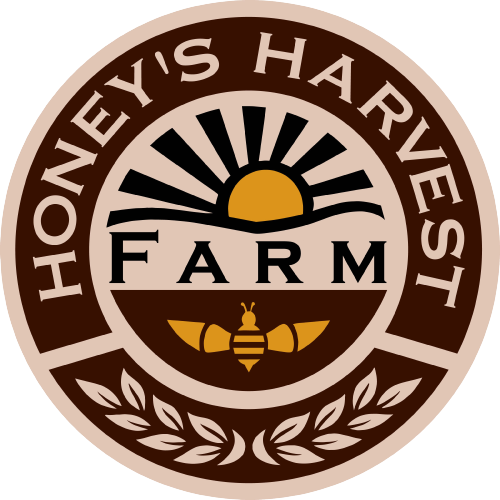From Musician to Ecologist
In November 2018, Mike O’Donnell, a teacher at North County High School, led a field trip to the Baltimore Composting Collective. He was filling in for a friend of his and didn’t realize that the trip would have such an impact on his life. At the time he was already interested in the environment; after his visit to the composting center, he began to learn everything he could about the science of composting.
As he learned more, an idea formed: why not compost all the food waste from North County High School’s cafeteria? When he approached the faculty, they initially refused. Several months later, however, they reversed their decision. O’Donnell bought three 43-gallon drums, which the students in his Environment and Society class assembled, to hold the compost.
At the beginning of February 2020, O’Donnell was ready to start collecting compost. He quickly realized that his three 43-gallon drums were not going to be sufficient for the amount of compostable waste generated by the cafeteria. He contacted Anna Chaney, a longtime friend of his family and the owner of Honey’s Harvest Farm, and she immediately agreed to let him dump the cafeteria’s food waste on the compost piles at the farm.
Three weeks after he began the project, O’Donnell had collected 672 pounds of compost from the school’s cafeteria. If this number is typical of high schools across the U.S, then cafeterias throw out 96,768 tons of compostable food each school year. Although this number is a very rough estimate, it gives us an idea of the enormity of the issue.
Looking at the enormous problem of food waste in school cafeterias, we can easily point fingers–at school boards, at the government–and say, “Your fault.” O’Donnell pointed out that matters are much more complex than they seem on the surface. School boards must work within the existing laws, and the government that makes those laws cannot fix this widespread problem with one piece of legislation, or even with many pieces of legislation. According to O’Donnell, if people feel attacked, they will not want to solve the problem they are being accused of no matter how real or pressing it is.
Mike O’Donnell emphasizes the necessity of education above all else. As we teach the new generation about food waste and composting, we should be striving to educate ourselves about the links that form the chain: the laws, the people who make them, and the people and institutions affected by them.
Ultimately, responsibility comes down to individuals who are willing to expend a little extra effort to take a step towards solving the huge issue of food waste that we face in our country. Impactful collaboration is not arduous or prohibitive. As O’Donnell himself put it, “a few buckets, a few conversations” are all it takes to start a project like this.








